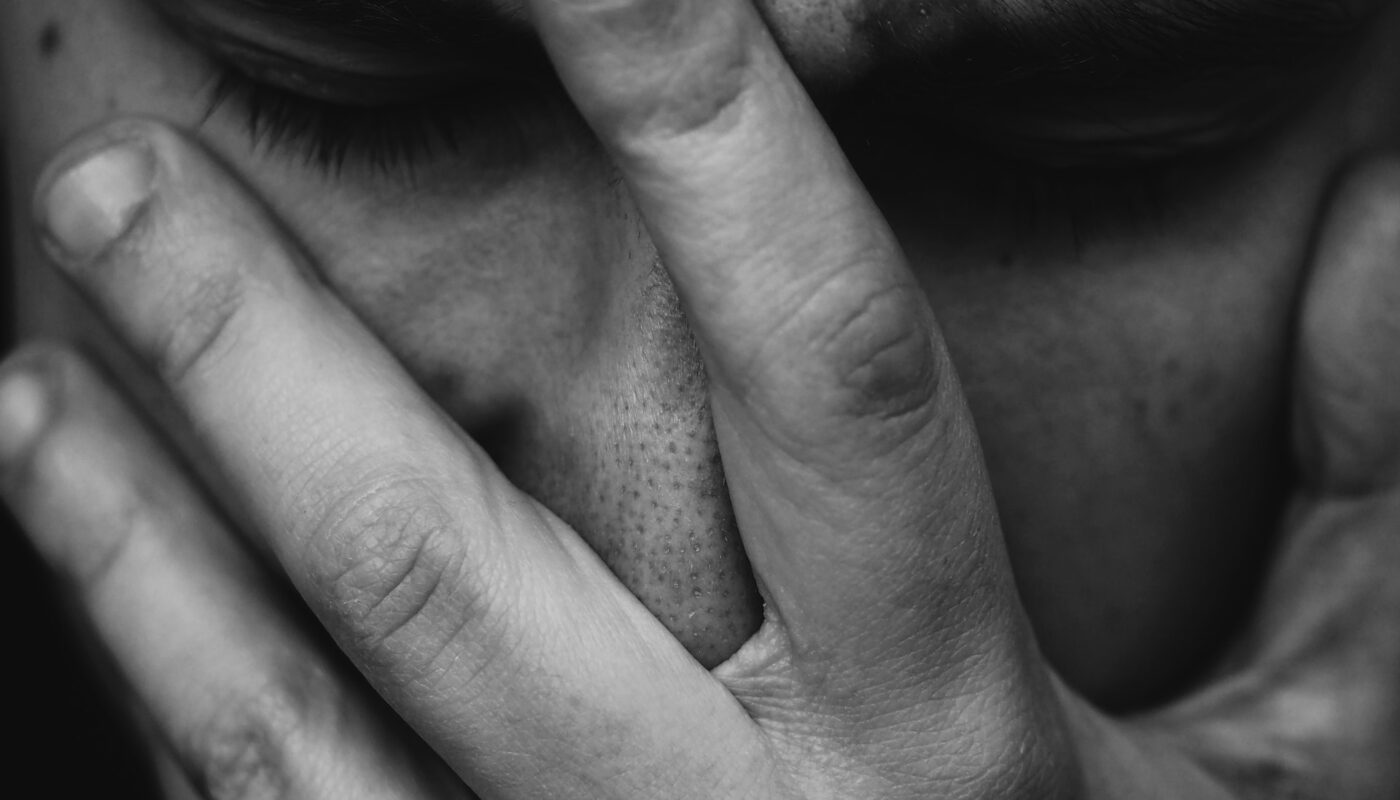Human suffering is an unfortunate reality of life that is experienced by all of us at some point in our lives. It can take various forms, such as physical pain, emotional distress, or mental anguish. While some suffering is a natural consequence of life events, such as the loss of a loved one or a chronic illness, much of it is caused by our own thoughts and perceptions.
According to research, around 50% of human suffering is caused by past events. We carry emotional scars from traumatic experiences that we have endured, and these wounds continue to fester within us, causing us to suffer. Whether it’s the death of a family member, a failed relationship, or abuse, the pain of the past can be overwhelming and all-consuming. We might find ourselves stuck in a vicious cycle of negative thoughts and emotions, unable to let go of the past and move on with our lives.
On the other hand, the remaining 50% of human suffering is caused by our worries about the future. We spend an inordinate amount of time worrying about what could happen, imagining worst-case scenarios and playing them over and over in our minds. We worry about losing our jobs, falling ill, or experiencing some other calamity that could disrupt our lives. These worries rob us of our present moment and prevent us from enjoying the beauty of life.
The irony of human suffering is that much of it is self-created. Our thoughts and emotions play a crucial role in determining how we experience life. If we focus on the negative aspects of our past or worry about the future, we will experience suffering. However, if we learn to live in the present moment and appreciate what we have, we can find peace and happiness.
One way to reduce human suffering is to practice mindfulness. Mindfulness is the act of paying attention to the present moment without judgment. It involves being fully present in the moment, observing our thoughts and emotions without getting caught up in them. By doing so, we can gain a greater sense of control over our thoughts and emotions and reduce our suffering.
Another way to reduce suffering is to practice self-compassion. We often judge ourselves harshly for our mistakes and shortcomings, leading to feelings of shame and inadequacy. However, if we learn to treat ourselves with kindness and compassion, we can reduce our suffering and improve our mental health. Self-compassion involves treating ourselves with the same kindness and understanding that we would offer to a good friend.
In conclusion, human suffering is a complex and multifaceted phenomenon that can be caused by a variety of factors. While we cannot control all the events in our lives, we can control how we respond to them. By practicing mindfulness, self-compassion, and focusing on the present moment, we can reduce our suffering and improve our mental health. Let us learn to live in the moment and appreciate the beauty of life, despite the challenges that we may face.



